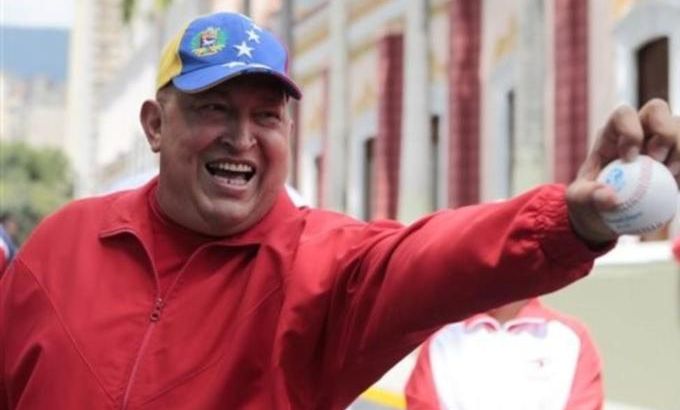
Hugo Chavez and the coup that never happened
How Venezuela’s Hugo Chavez survived a coup in 2002.
In December 1998, Hugo Chavez, a former army lieutenant-colonel, was elected as president of Venezuela.
In a country divided by race and class, where white equalled wealth and privilege and anything else meant everything less, Chavez’s victory was an historic turning point.
Keep reading
list of 4 itemsWhat’s slowing down America’s clean energy transition? It’s not the cost
Global coal use to reach record high in 2023, energy agency says
COP28 Dubai is over: Four key highlights from the UN climate summit
“He was of a mixed indigenous heritage he was really nothing like anything that we had ever seen before in terms of Venezuelan presidential elections or politics. Which had always been very much dominated by a white elite class of politician,” says Julia Buxton, author of The Failure of Political Reform in Venezuela.
Hugo Chavez’s first three years as president of Venezuela divided the nation. By April 2002, tensions over the control of the oil industry reached boiling point. By seeking greater control of the national oil company PDVSA, Chavez was taking on Venezuela’s most prized and powerful asset.
“From the moment that Chavez took power … in 1999, there was immediate opposition to this new government because what Chavez was doing was completely overturning an entire regime,” explains Buxton.
In 2002, a military coup forced Chavez out of office. He was taken into custody and flown to an offshore military base. Meanwhile, Pedro Carmona, the president of Fedecamaras, swore himself in as president of the country.
Millions of people who had democratically elected Chavez began pouring into the streets, demanding their right and the return of Chavez.
Within 48 hours of being overthrown, Chavez was back into power.
“It’s something like a Hollywood movie,” says Professor Margarita Lopez Maya, Central University of Venezuela. “He comes back in a helicopter at night and the people are waiting for him. And he says, ‘Here I am, go to sleep. I’m here, I’m president again.”
|
|